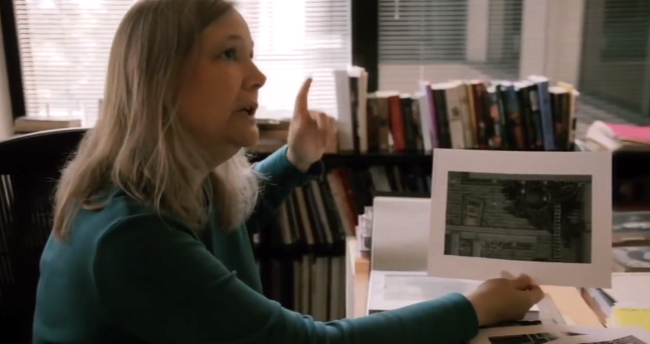For the first time really since their Playstation 3 debut, people looked at Naughty Dog with a furrowed-brow and a sense of mild discomfort. Usually one of the industry’s do-no-wrong white knights, many were left feeling uneasy about the sudden departure of company staple and industry pioneer, Amy Hennig. Maybe not the departure itself, though it’s always a shock when people suddenly leave a company they’ve been so integral in defining for a decade. It’s the incredible mystery, and subsequent rumor mill peddlings centered around the events leading up to the departure that has people so concerned. As I’m sure the natural allure of petty drama has people engaged, I think there’s also a great deal of worry about the future of one of Sony’s biggest franchises, and the great talent that played such an important role in the ever-growing quest to make games sound more like movies.
It should be no real surprise that the Uncharted series, a franchise touted for its summer blockbuster-esque allure, would have been hatched from a mind egg laid by Hennig, who was initially a film student. What does tend to take folks aback, though, is just how long Amy has been working in the industry. Her first game was 1989’s ElectroCop for the Atari 7800 (no relation to the Lynx game of the same name) that was never published. She would eventually move on to EA, doing art and animation work for games like Bard’s Tale 4 and Desert Strike, until finally landing a lead design role in maybe one of the strangest games ever: Michael Jordan: Chaos in the Windy City.
She continued designing in the mid 90’s for Crystal Dynamics, where she would work on Denis Dyack’s Legacy of Kain: Blood Omen. The Soul Reaver spin-off series was one she helmed for almost ten years before joining Naughty Dog and, well, you know. But the Soul Reaver series, especially the first title, is incredibly important evidence to support Hennig’s unique and specific knack for world building and storytelling. IGN’s Doug Perry called Soul Reaver, “a near-perfect realization of a concept that’s never been achieved with such clarity and ambition.” It yanked the golden child for the developer, Tomb Raider, firmly off the pedestal, and suddenly Hennig pulled up a chair at the big boy table for narrative game design juggernauts, joining the likes of Kojima and Kitase. Even with its many critiques, history looks fondly on Soul Reaver.
Hennig had done groundbreaking work before even setting foot in Naughty Dog’s offices, and penning the adventures of Drake and Co., but it is her work for the Sony standout that has really made somewhat famous. Her characters in the Uncharted franchise are amongst the most fun and memorable in games today, and they have become the real key to the series’ success. When speaking to GameInformer about the topic, she said the following:
“When people play the Uncharted games they just get caught up. They don’t want to put the controller down. Some of that has to do with working on the pacing and making sure that there aren’t dead points or frustration points, as much as we can, but a lot of it has to do with wanting to see what happens next because you care about the characters.”
As a pretty big Playstation fan over the years, I’ve always had positive resonance with her work. As I never evangelized Uncharted like several in the media have, I’ve always appreciated Naughty Dog’s attention to detail, both in its mechanics and its storytelling. Uncharted doesn’t really innovate, as much as it perfects many of games most used tricks and sets. The same can be said about characters like Drake and Sully, or even Raziel. They are a lot like characters you’ve seen before: charming rogues, world wise mentors, dark anti-heroes; but something about them makes them compelling. Maybe it’s the world they inhabit, a rich and fully realized pallet for these larger-than-life personalities to impress upon. Maybe it’s the characters themselves, who are written tight and focused, easily interpretable in any scenario. Either way, there’s nothing quite like a Hennig story.
As her future is uncertain, as far as her fans are concerned, there’s one clear definite: Amy Hennig is gaming. It’s almost silly to think that she just stumbled across the medium in her youth, knowing her remarkable role in its maturity. Wherever she lands will be lucky to have her.







